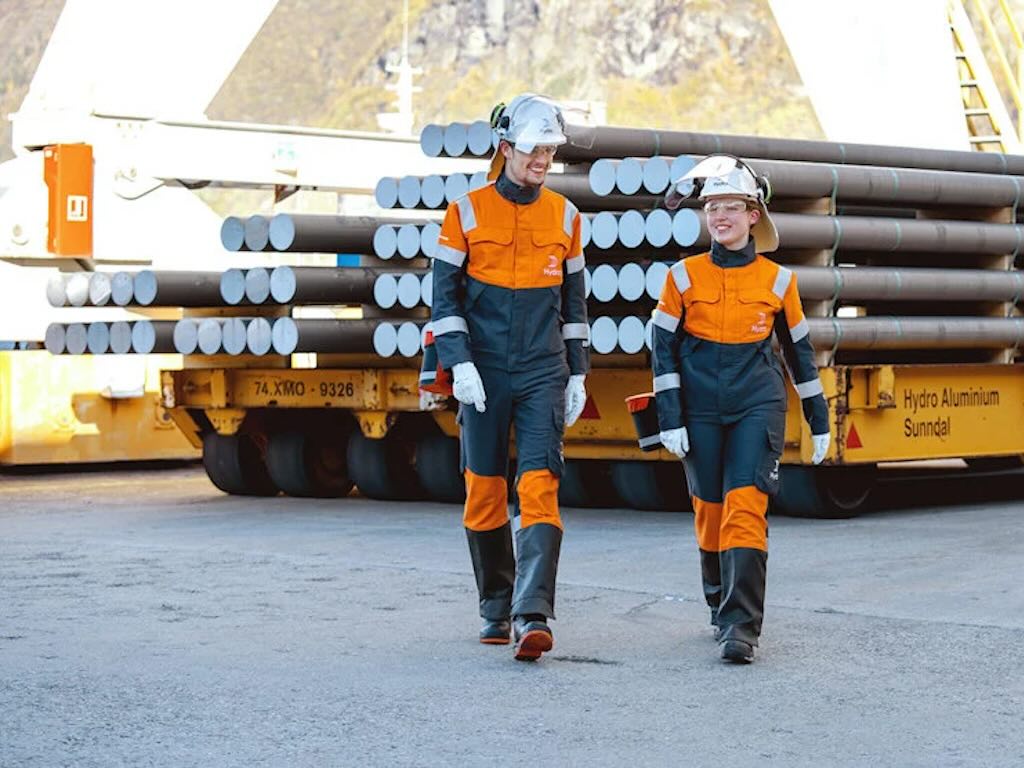March 2024 | The Norwegian government, industry associations and trade unions have reached an agreement on the future of the Norwegian CO2 compensation scheme, valid from 2024 until 2030.
“The CO2 compensation scheme is essential for maintaining competitive frame conditions for industries in Norway. This agreement will provide predictability, while accelerating decarbonization and green investments,” says President and CEO of aluminum producer Norsk Hydro, Hilde Merete Aasheim.
The agreement between the Norwegian government, Norsk Industri, Industri Energi & Forbundet for ledelse og teknikk, Fellesforbundet, LO, and NHO is valid from 2024 until 2030. It includes an annual maximum CO2 compensation for eligible industries of NOK 7 billion.
The CO2 quota price floor that was introduced in 2022, and further increased for 2023, will be fully removed. The compensation cap will be subject to inflation adjustment. The revised CO2 compensation scheme includes a commitment for the industries to implement emission reduction and energy efficiency measures corresponding to 40 percent of the CO2 compensation paid.
“We appreciate the constructive dialogue between the parties that has led to this agreement,” says Aasheim.
The revised scheme will be subject to approval by EFTA Surveillance Authority (ESA), as well as the Norwegian parliament annual approval as part of the ordinary state budget process.
The compensation scheme is linked to the EU emissions trading system (ETS). The scheme partially compensates for the unintended CO2 price effect to Norwegian power price from the European ETS system. In Norway, Hydro utilizes 100 percent renewable energy that does not emit CO2 in its aluminium production. However, due to interconnection with the European power market, CO2 costs are also affecting Norwegian power prices.
“With a predictability for the CO2 compensation scheme, we can continue our ambitious decarbonization efforts at our primary aluminium plants in Norway, that already are among the world leading in terms of energy efficiency and low emission,” says Aasheim.
Based on current production, it is estimated that Hydro will be eligible for a CO2 compensation of approximately NOK 3.2 billion for 2024, payable in 2025.
The purpose of the compensation scheme is to create a level playing field for European energy intensive industries and prevent carbon leakage, which means energy intensive industries move production to countries without costs for CO2 emissions, but with similar or higher CO2 emissions.
“Our Norwegian smelters’ CO2 emissions are already 75 percent below global average. We are planning significant investments in new technologies to cut CO2 emissions even further and create greener products that the world needs. A predictable CO2 compensation scheme is one of the most critical prerequisites for the industry to continue investing in Norway, enabling us to create value and employment based on renewable energy,” says Aasheim.
